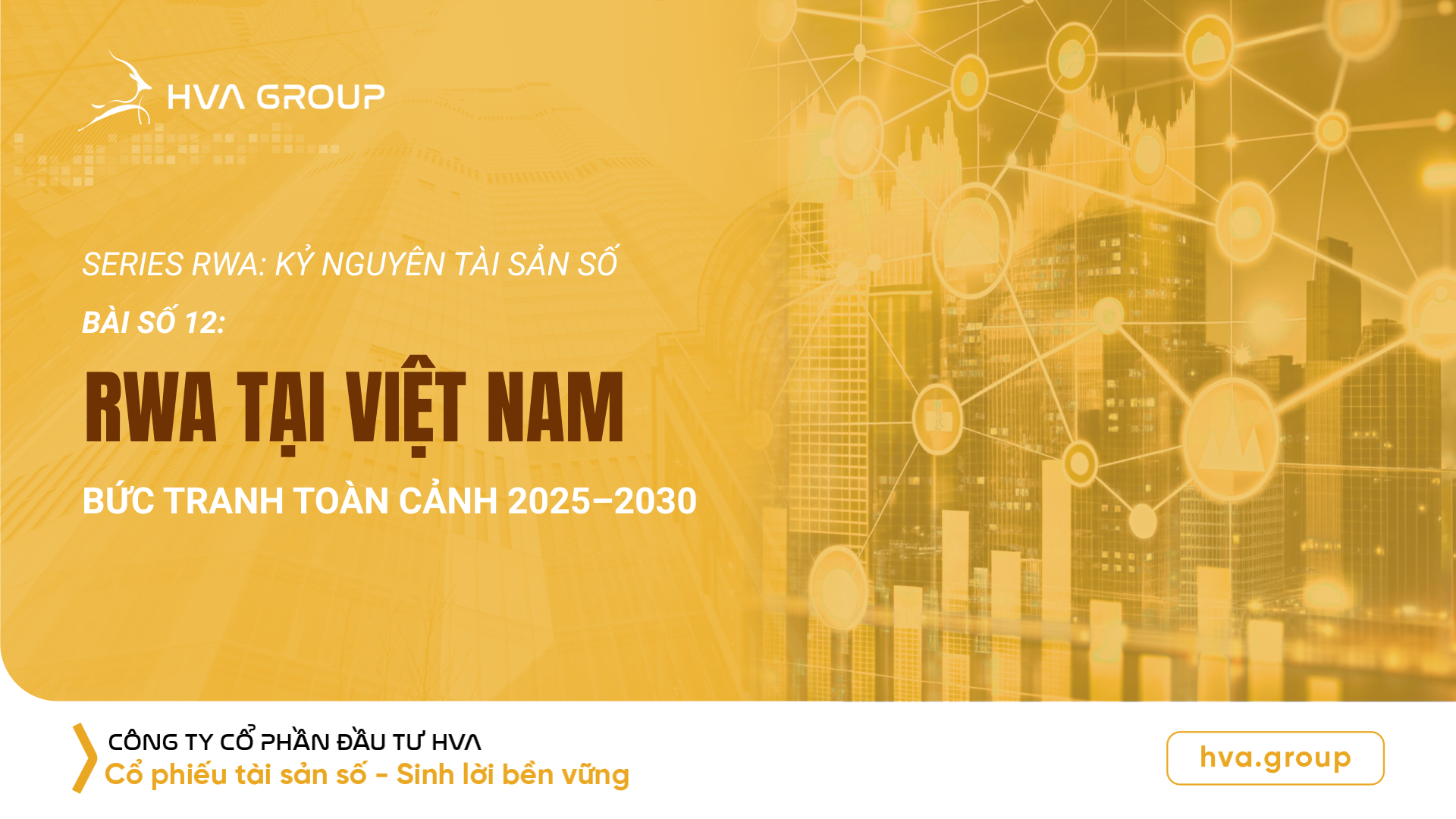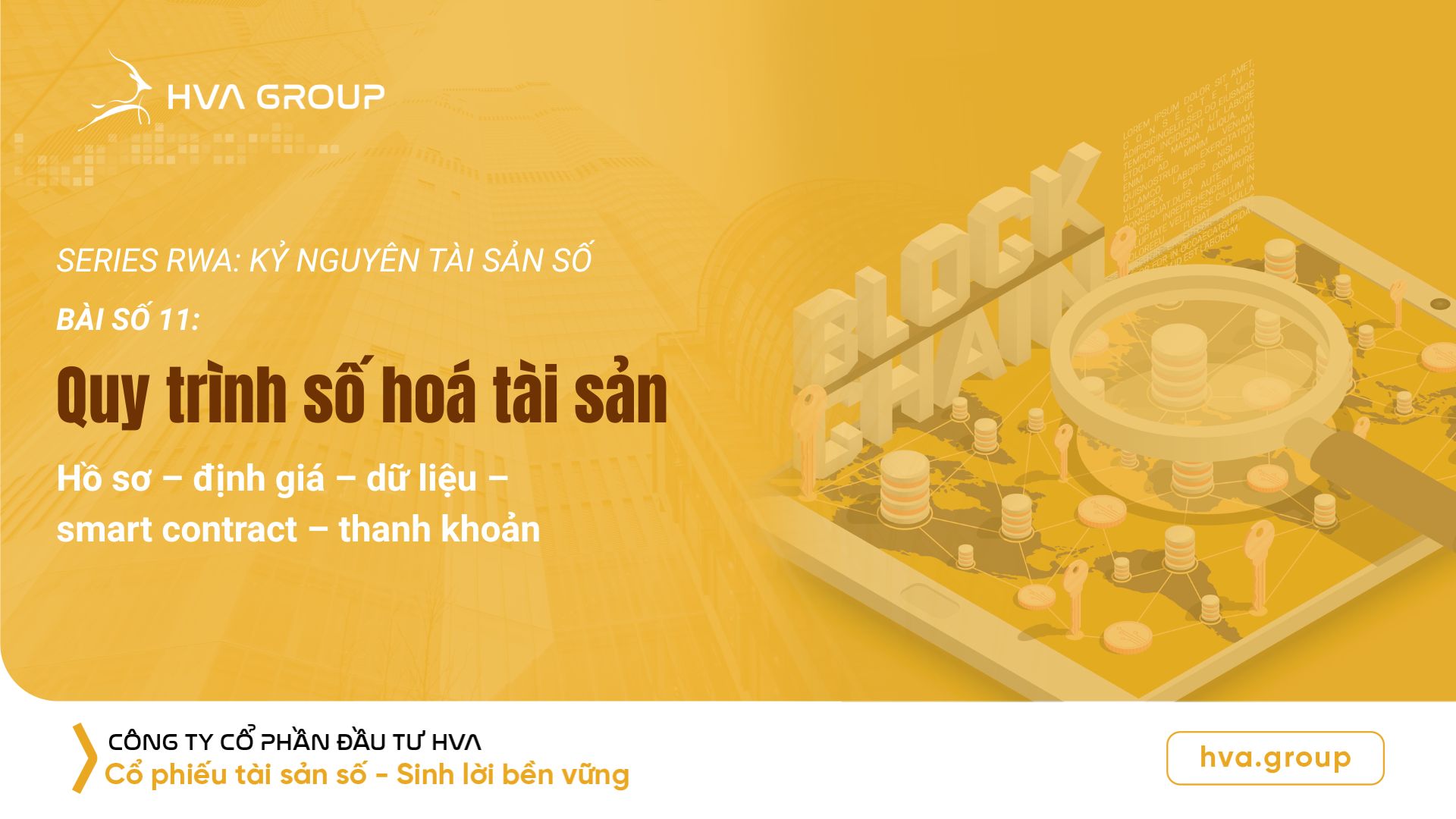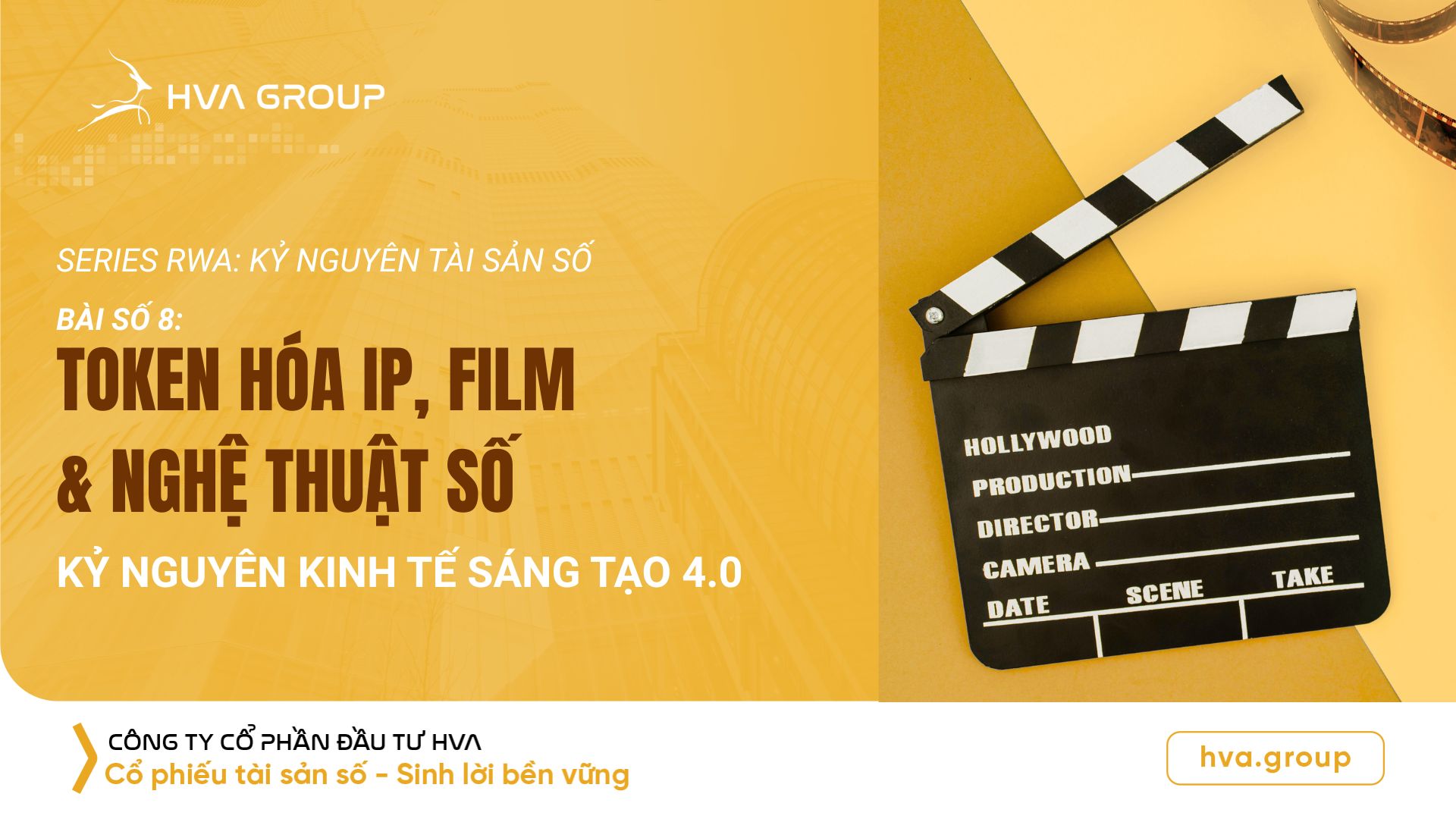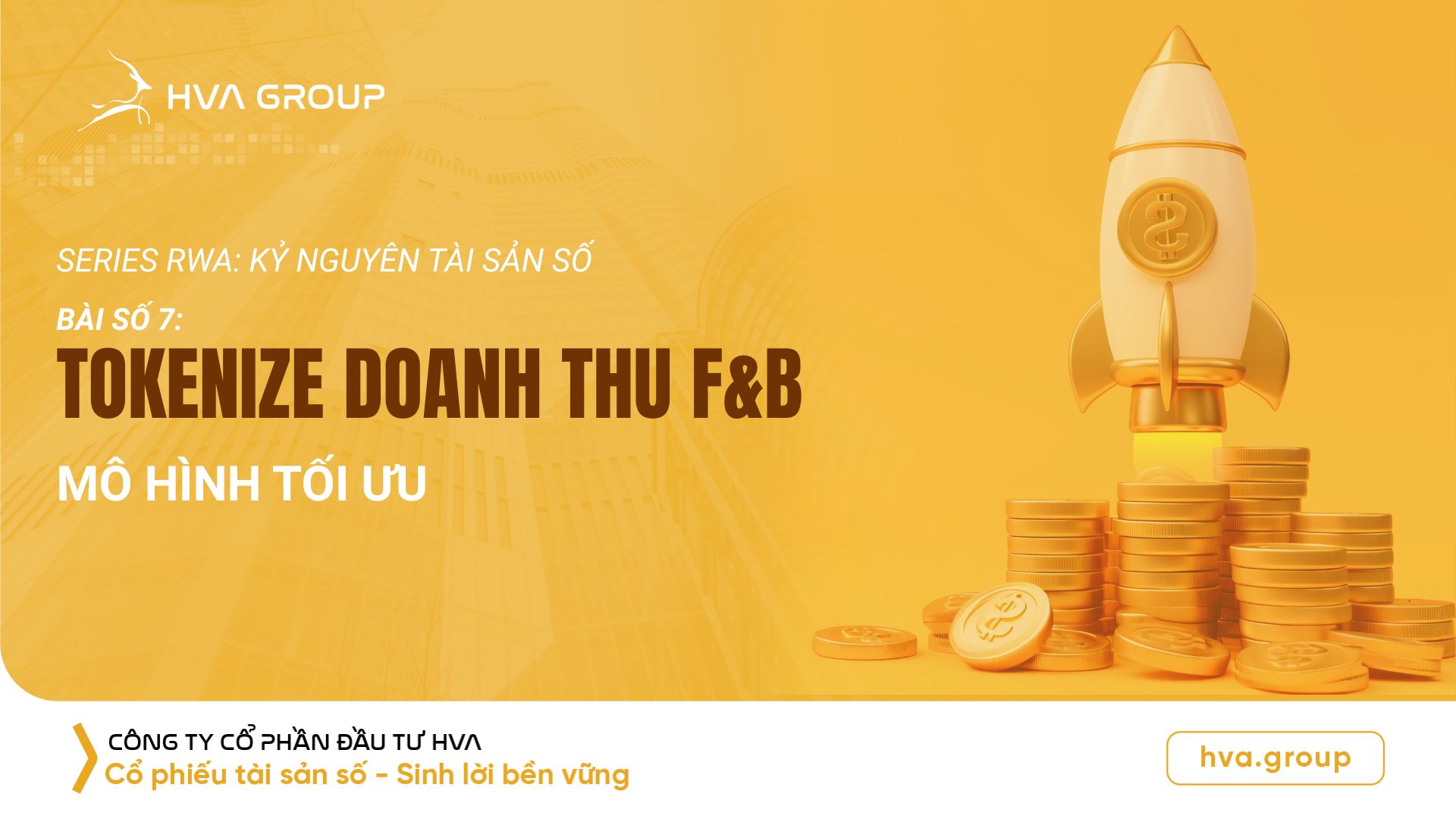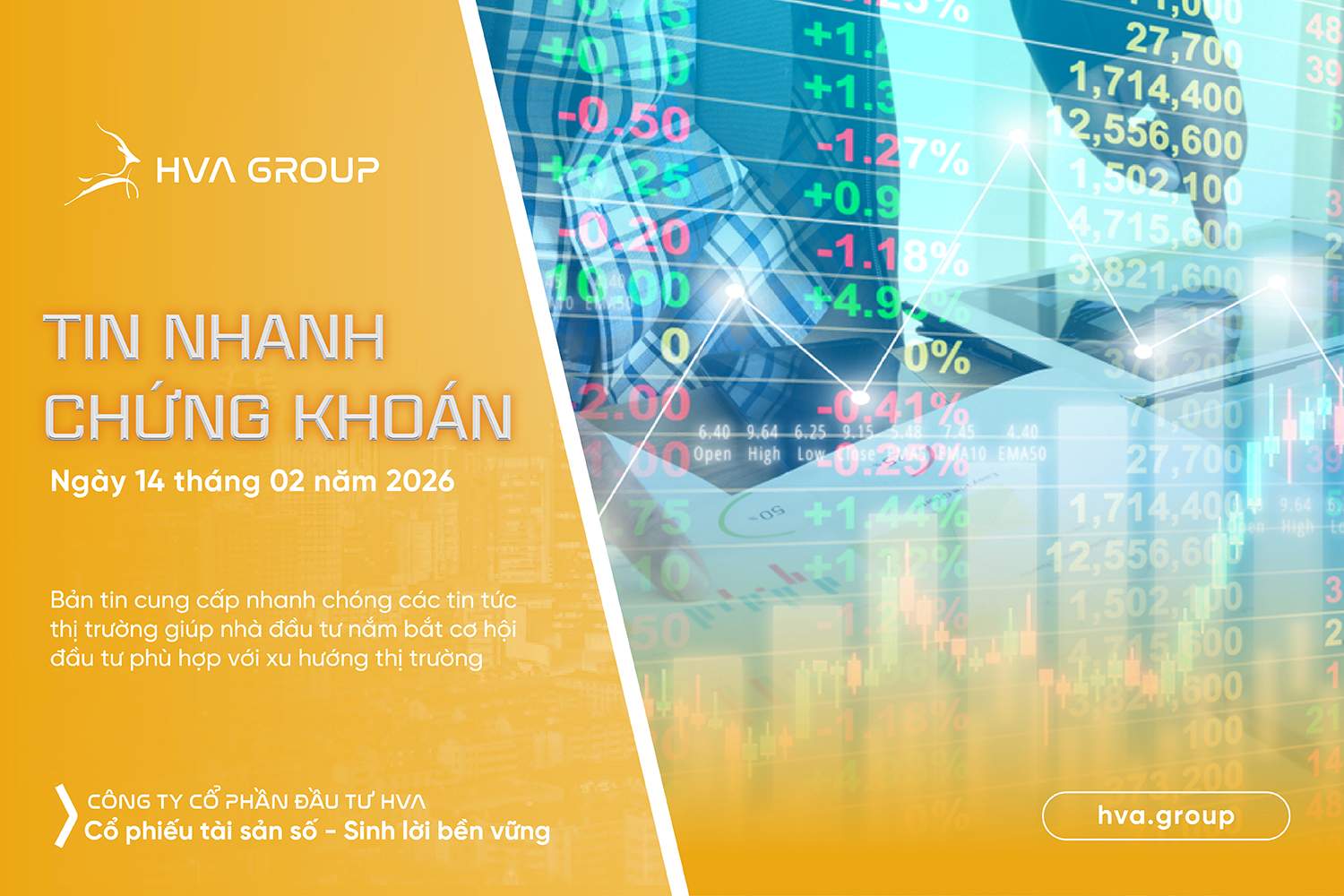What is dividend?? This is the profit that shareholders receive from the company. So how to receive dividends? How and when to pay dividends? Find out with HVA!
1. What is a dividend?
1.1 Definition of dividends
What is dividend? Dividends are a portion of a company's profits paid to its shareholders based on the number of shares they own. Simply put, when you buy shares in a company, you become a shareholder of that company. When a company makes a profit, they pay a portion of that profit to their shareholders in the form of dividends. Dividends can be paid in cash or share, depending on company policy.

1.2 The significance of dividends for shareholders and businesses
Dividends are important to both shareholders and businesses. For shareholders, dividends are a source of income from their investment in the company. Not only do they help increase asset value, dividends are also a way for investors to evaluate the success of the company. A company that can pay dividends regularly is often considered to be stable and has the potential to grow.
For businesses, paying dividends shows their commitment to shareholders and is a way to maintain their confidence in the company. By paying dividends, businesses show that they are generating steady profits and are willing to share those profits with investors. This can help businesses attract more investment, maintain a stable stock price, and build credibility in the market.
However, the decision to pay dividends also needs to be carefully considered. A company may decide to retain profits for reinvestment, business expansion instead of paying dividends. In this case, shareholders can still benefit from future growth in stock value. Therefore, it is important to understand What is dividend? and its meaning will help investors make better decisions in their investment strategies.
2. How long does it take to receive dividends after buying stocks?
>>> See more articles: Which stocks should new stock investors buy?
2.1 Dividend receiving process
When you understand What is dividend? and decide to invest in stocks to receive dividends, the next question is often: How long does it take to receive dividends after buying stocks?
The dividend payment process begins when the company decides to pay a dividend and announces the ex-dividend date. The ex-dividend date (also known as “ex-dividend date”) is the date on which, if you own the company's stock, you will be entitled to receive the dividend. This means that you must buy the stock before the ex-dividend date to receive the dividend.
After the record date has passed, the company will take the necessary steps to pay the dividend. This process can take anywhere from a few weeks to a few months, depending on the rules and procedures of each company.
If the dividend is paid in cash, you will receive it through your registered securities account or bank account. If the dividend is paid in shares, the additional shares will be automatically credited to your securities account.
2.2 Factors affecting dividend payment time
The timing of receiving dividends depends not only on the ex-dividend date but also on a number of other factors:
- Company dividend policy: Each company has a different dividend policy. Some companies may pay dividends immediately after the end of the fiscal year, while others may take longer to complete the procedures.
- Dividend form: Cash dividend usually occurs more quickly than a stock dividend. This is because the issuance of new shares requires additional time to complete the procedures related to the issuance and distribution of shares.
- Internal management process of the company: Some companies have efficient management processes that allow for quick dividend payments. Conversely, companies with complex processes or facing financial difficulties may have a longer time to receive dividends.
- Market and legal conditions: Changes in laws or market conditions can affect a company's ability to pay dividends. For example, during economic downturns, many companies may delay or cut dividends to conserve capital.
Understanding the dividend receiving process and influencing factors will help you plan your investments appropriately and optimize your profits from receiving dividends.
3. Dividends in stocks or cash?

3.1 What is dividend?
What is dividend? This is the process by which a company distributes its profits to its shareholders. Dividends can be paid in two main forms: stock dividends and cash dividends. So what is the difference between the two?
- Cash dividend: This is the most common form, in which the company will pay a cash amount corresponding to the number of shares owned by the shareholder. For example, if the company decides to pay a dividend of VND 1,000/share and you own 1,000 shares, you will receive VND 1,000,000.
- Stock dividend: Instead of paying cash, the company can issue new shares and distribute them to shareholders. This means you will receive additional shares based on the dividend payout ratio. For example, if the company decides to pay a dividend of 10%, and you own 1,000 shares, you will receive 100 new shares.
The fundamental difference between the two lies in how dividends are received: Cash is an immediate return, while additional shares increase the number of shares you own without immediately increasing the cash value.
3.2 Advantages and disadvantages of each form
- Benefits of cash dividends:
- Shareholders receive a specific amount of money that they can use or reinvest as they wish.
- Receiving cash dividends helps shareholders have a stable source of income and can easily manage personal finances.
- The company's spending cash dividend Often seen as a sign of good financial health, this can boost shareholder confidence in the company.
- Limitations of cash dividends:
- Direct cash payments can reduce a company's cash reserves, which can affect its ability to invest and grow in the future.
- In some countries, cash dividends may be taxed, reducing the real value received by shareholders.
- Benefits of stock dividends:
- Receiving additional shares helps shareholders increase the number of shares without having to invest additional capital.
- Paying dividends in shares does not reduce the company's cash, helping the company maintain and use capital for other development goals.
- With the increased number of shares, shareholders have the opportunity to enjoy potential profits from future increases in stock prices.
- Limitations of stock dividends:
- When a company issues more shares, the total number of shares on the market increases, which can lead to dilution of the value of each share.
- Unlike cash, shareholders do not receive immediate profits, but must wait for the stock price to increase to profit.
Both forms of dividends have their own advantages and disadvantages. The choice of which form depends on the financial situation of the company, the investment objectives of the shareholders, and the general economic environment. Understanding the concept and the differences between stock and cash dividends will help investors make decisions that are appropriate for their financial strategy.
4. Dividend payment process
To better understand the dividend process, First, the company will hold a shareholders' meeting to decide whether and how to pay dividends. Then, the company will publicly announce the dividend ex-dividend date and the dividend payment time. The steps from deciding to paying dividends can be lengthy, depending on the size and process of each company.
5. How many times a year are dividends paid?

Another question that investors are often concerned about is: How many times a year are dividends paid?? Typically, companies will pay dividends 1 to 4 times a year, depending on the policy of each company. Some companies may pay dividends quarterly, while others may only pay dividends once at the end of the financial year. This also depends on the company's annual profits and the decision of the board of directors.
Understanding what dividends are and how they are paid out can help you make smarter investment decisions. From knowing how long it takes to receive dividends from a stock you buy, to choosing between stock or cash dividends, everything affects the return you receive. HVA We advise you, if you intend to invest in stocks, to carefully consider the factors mentioned above to maximize the benefits from stock investment.


